Interesting items and hidden gems from the library's collections.
Lost in the Stacks
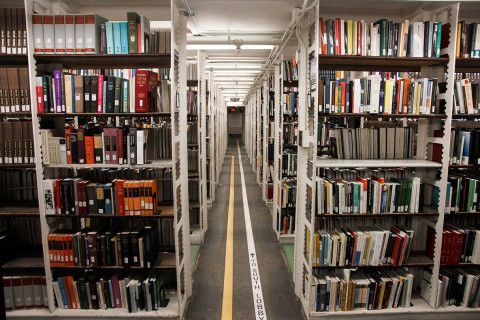
Posts in Lost in the Stacks
Showing 231 - 240 of 315 items
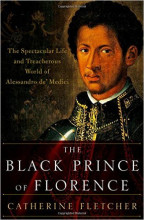
- Vicki J Kondelik
Historian Catherine Fletcher tells the fascinating story of Alessandro de' Medici, the first Duke of Florence and arguably the first person of African descent to rule a European state.

- Christopher Barnes
While the start of the 2017 college football season is still a long way off, you can binge on the glorious and fascinating history of Michigan Football year round by visiting the library. The Hatcher and Shapiro Libraries have enough books about Bo Schembechler, the Big House, and our famous football rivalries to satisfy even the strongest appetite for gridiron history.
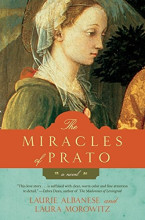
- Vicki J Kondelik
This historical novel tells the story of the brilliant Renaissance artist Fra Filippo Lippi and Lucrezia Buti, the woman who inspired him.

- Pam MacKintosh
The Value of the Dollar is an interesting collection of historical information on topics ranging from the prices of different goods, the wages made by people in different jobs, and other measures of the value of the dollar over time.

- Pam MacKintosh
Part parody, part horror story, all taking place in an IKEA-like big box home goods store.
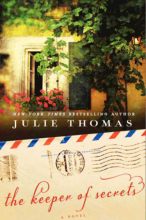
- Pam MacKintosh
A beautiful story following a 1742 Guarneri del Gesú violin and the men (and boys) who loved her.
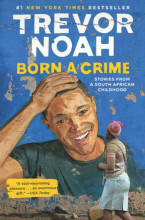
- Pam MacKintosh
Born a Crime: Stories from a South African Childhood tells the story of The Daily Show host Trevor Noah's childhood in South Africa.

- Pam MacKintosh
Ever wonder about the myriad decisions and changes colleges students go through during their four or so years? Practice for Life: Making Decisions in College helps answer those questions.
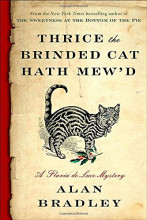
- Vicki J Kondelik
In the latest entry in Alan Bradley's mystery series featuring Flavia de Luce, a twelve-year-old chemistry genius in 1950s England, Flavia returns to England after being expelled from a boarding school in Canada and finds out her father is ill with pneumonia. Her sisters give her a less than warm welcome, and to get away from the house, she carries a letter from the vicar's wife to a wood-carver, only to find the man dead, hanging upside-down from his bedroom door. She conducts her own investigation of the murder, and finds a connection between the murdered man and an author of children's poetry, who also died mysteriously.
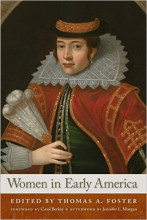
- Christopher Barnes
Women in Early America (NYU, 2015), edited by Thomas Foster, is the latest in a line of scholarly histories examining the ways that seventeenth- and eighteenth-century women were actually key players in the economic, cultural, and political life of the American colonies despite the many legal and societal obstacles they had to overcome due to their gender. Most chapters in this wide-ranging work, each written by an expert in the field, focus on specific regions or identities. There is a chapter on the gendering of slave ownership in colonial Jamaica, for example, and another on trade and power in Early French America and Detroit. More familiar topics are also covered, like the connections between witchcraft and resistance to patriarchy or the lives of loyalist women in British-occupied New York City. Our own Mary C. Kelley, Ruth Bordin Collegiate Professor of History, American Culture, and Women's Studies, contributes the final chapter of the book. As in her well-known work Learning to Stand And Speak: Women, Education, And Public Life In America's Republic (UNC, 2006), Kelley discusses the ramifications of a revolution in women’s educational opportunities between the Revolutionary and Civil Wars that enabled many to take up positions in the public sphere as writers, educators, and reformers.